Trust in Science: What We Almost Lost with the Women's Health Initiative
As a researcher whose work has focused on longevity and healthy aging, I can tell you that we can’t meaningfully address these topics without specifically addressing women’s health. Which is why the recent news surrounding the potential loss—and subsequent bungled and chaotic reinstatement—of federal funding for the Women’s Health Initiative (WHI) has been both alarming and deeply unsettling.
The WHI is one of the most ambitious and informative longitudinal studies ever undertaken in the United States.
Launched in the early 1990s, the WHI enrolled over 160,000 postmenopausal women and was specifically designed to investigate strategies for preventing heart disease, breast and colorectal cancer, and osteoporotic fractures—some of the most pressing health issues affecting women as they age. Over the decades, it has expanded our understanding of hormone therapy, dietary patterns, supplementation concerns, physical activity, and risk factors for chronic disease.
Much of what we know today about women's health across midlife and beyond is built on the foundation laid by WHI findings. Importantly, there are still tens of thousands of women still being followed to this day from the original cohort. This study cannot simply be restarted in our lifetime. It has taken more than 30 years to gather the robust, long-term data that WHI provides. In a moment where longevity, healthspan, and healthy aging are at the forefront of scientific interest and public discourse, WHI IS THE STUDY. Losing it would have been devastating.
Studies like the WHI are not simply projects; they are living, breathing bodies of work that require sustained commitment.
It's soul-crushingly frustrating to me that the WHI's future funding was ever in jeopardy. It highlights the callous nature with which science is often treated. Longitudinal studies require decades of investment, stability, and vision. When they are threatened by budget cuts or political indifference, it sends a chilling message about how little we value evidence-based progress, especially as it pertains to women's health.
I’ve felt the impact of disrupted research before. During the 2013 government shutdown, our lab at the Human Nutrition Research Center on Aging at Tufts, along with every lab in the federally funded building, was abruptly closed. I remember being physically locked out of the building, feeling helpless as ongoing studies were compromised. The disruption wasted not only resources, but also years of carefully collected data—an experience that left me deeply aware of how precarious federally funded research truly is. It’s one of the major reasons I now conduct much of my research work in industry.
The situation with the WHI is a stark reminder that science cannot be treated as disposable.
The reinstatement of WHI funding may be perceived as a win, but it’s not a win. It was merely a course correction on an absurdly executed unforced error that was entirely unnecessary and should never have happened in the first place.
The initial threat of loss inflicted chilling instability and anxiety on a scientific community that relies on trust and continuity to produce meaningful work, both from the researchers and the participants that dedicate not only their time, but their physical bodies. This work can’t just be stopped and started again when politics change. This scenario underscores just how fragile the infrastructure of scientific inquiry has become.
Scientists must become better storytellers.
Despite my dismay over the current state of scientific funding policy, I’m not going to give a pass to my own scientific community and colleagues. We are not merely victims here. I speak about this often: scientists SUCK at social media, where (wildly) the majority of people get their information.
We have a critical responsibility as scientists to communicate the value of this work to the public. Studies like the WHI have produced groundbreaking insights into cardiovascular disease prevention, osteoporosis, cancer risk, hormone therapy, and so much more. Yet, outside of the scientific and clinical communities, much of this progress remains invisible. If the general public doesn't understand what has been learned, they can’t appreciate what stands to be lost.
We must become better storytellers of science. We need to translate complex data into meaningful narratives that resonate with people's lives, health, and futures. Science communication is not a luxury; it’s an essential part of ensuring that research is valued, supported, and protected.
In a climate where funding decisions are increasingly influenced by public opinion, our ability to clearly articulate the profound impact of studies like the WHI could mean the difference between continued progress and irreversible loss.
The near-collapse of the WHI is a warning sign for the entire scientific enterprise.
We dodged a bullet on this one (the Diabetes Prevention Program, another landmark study, hasn’t been as lucky). But the near-collapse of the WHI is not just a close call for one study, it’s a warning sign for the entire scientific enterprise. We’re witnessing firsthand how fragile even the most essential research has become in the current climate, where funding is uncertain, political pressures are mounting, and public trust in science is eroding.
But this isn’t just about what is lost in research labs, it’s about what we, as scientists, fail to communicate to the public. If we don’t take responsibility for explaining the immense value of studies like the WHI—how decades of data shape clinical practices, public health policies, and the very way we understand human health—we risk allowing the space to be filled by voices that spread misinformation and confusion.
In the absence of clear, compelling communication from the scientific community, those misinformed voices will not only persist, but they will also dominate the conversation. If we don’t educate the public and policymakers about the profound impact of our work, we’re setting the stage for a future where science is sidelined, not because it’s unimportant, but because it’s misunderstood.
We can’t afford to remain passive. If we don't stand up for the science we’ve worked so hard to build and communicate its importance effectively, we risk losing it all—not just in terms of funding, but in the trust and influence we need to drive progress for future generations.


